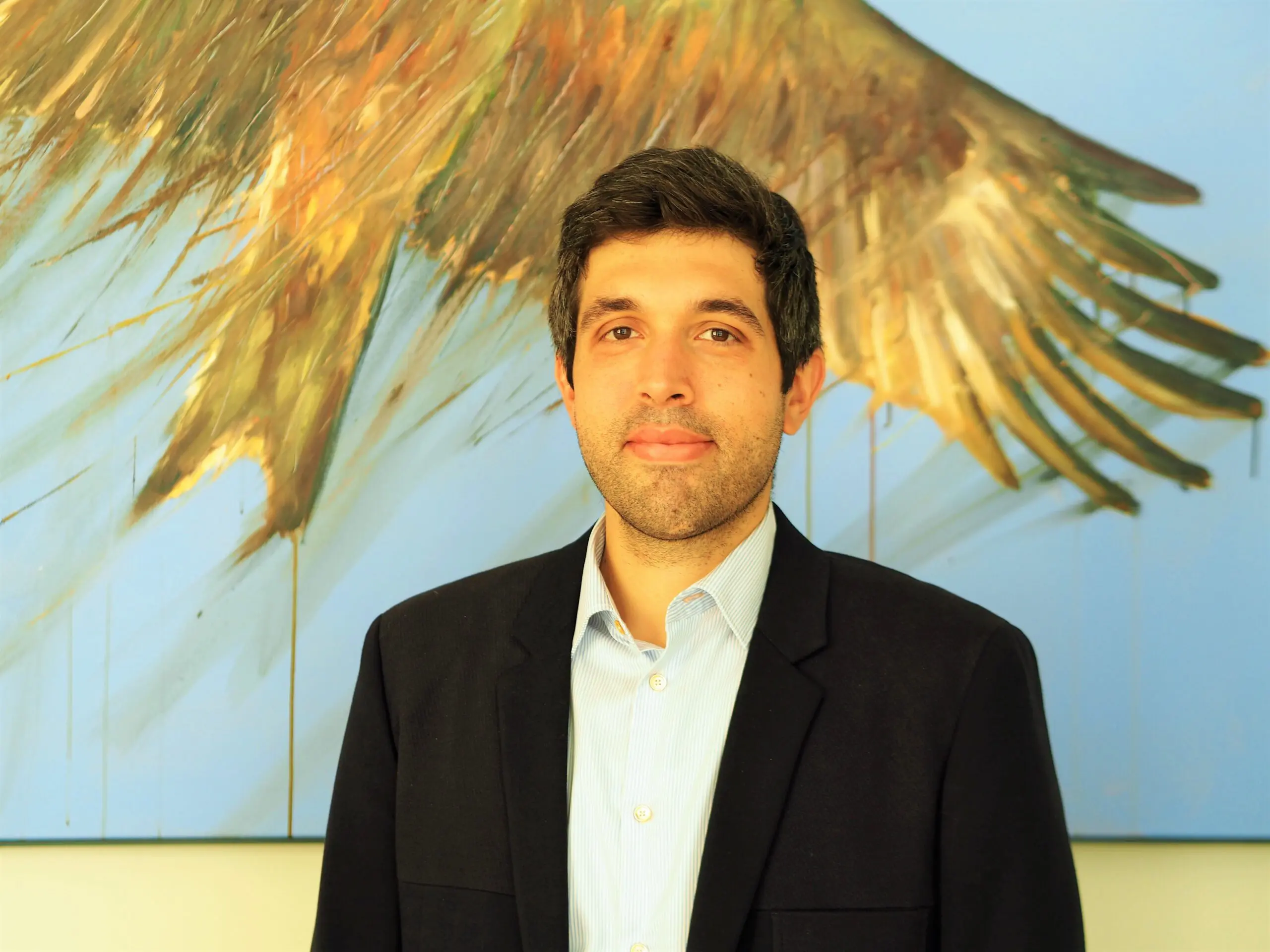The grounds for refusing enforcement of a foreign arbitral award are set out in the IAA, and are identical to those of Art. 5 New York Convention.
While not limited to these examples, section 9(7A) of the IAA further provides that an award will be contrary to Australian public policy if (1) the making of the award was induced or affected by fraud or corruption, or (2) a breach of the rules of ‘natural justice’ occurred when making the award.
The enforcing court is not required to examine the grounds for refusal ex officio, hence the party seeking to oppose enforcement of the award bears the burden of proof.
A string of recent decisions has confirmed the overarching position that the Australian public policy is to enforce arbitral awards wherever possible, and that judicial intervention should be limited to that which will ensure the integrity of the arbitral process. This position is best illustrated in the ‘Cube Furniture’ cases, wherein the Court noted that the public policy exception “corresponds to the public policy in favour of making arbitral awards, both domestic and international, binding”, and observed that the “high threshold that the public policy exception demands brings with it the enhanced risk of an indemnity costs award because a failed challenge will be more easily identified as one which should not have been brought because it was throughout destined to fail.”
With one exception, the case of Aircraft Support Industries Pty Ltd v William Hare UAE (“Aircraft Support Industries”), all other public policy challenges have been unsuccessful. Furthermore, the ‘exception’ decision in Aircraft Support Industries was substantially overturned on appeal, with the Full Federal Court finding that no breach of natural justice had occurred in the making of the award. In its decision, the Court endorsed the now uniformly accepted principle that for a court to decline enforcement under section 8(7)(b) of the IAA it is necessary to show that a breach of natural justice caused “real practical unfairness and real practical injustice to the party resisting enforcement”.
A second important consequence of Aircraft Support Industries was the confirmation that Australian courts can sever and partially enforce a foreign award. The decision on appeal provided that if the void portion of an arbitral award is clearly separate and divisible, and provided no practical injustice would flow from the partial enforcement, the non-void portion of the award will remain enforceable.
Australian Courts have distinguished interim measures – such as preliminary or interlocutory ‘orders’ – from truly interim or partial awards, such as a preliminary award on liability pending a further award on quantum.
The New York Convention governs the enforceability of foreign awards in Australia, which raises the question of whether interim measures rendered by tribunals outside of Australia may be considered enforceable ‘awards’. The differentiation is relevant because, while neither the IAA nor the New York Convention defines ‘award’, one of the grounds on which enforcement may be refused is that the award has not yet become final and binding on the parties. In the case of Resort Condominiums v. Bolwell, the Queensland Supreme Court held that an interlocutory order made by the tribunal did not finally resolve or dispose of at least one of the matters in dispute between the parties, and therefore such an order was not considered an enforceable award. This position is based on the understanding that preliminary orders are only provisional; they can subsequently be varied in some way by the same tribunal.
The question of whether a partial award – such as a ‘final’ award on liability pending calculation of quantum – is binding, and therefore enforceable in its own right, has not been definitively settled in Australian Courts. However, following the reasoning in Resort Condominiums v. Bolwell, one can deduce that it is possible. This would be in line with recent legislative amendments and case law in other jurisdictions, such as in Singapore, where it has been clarified that partial and interim awards are also ‘final and binding’, and therefore enforceable.
As mentioned in Q#13 above, an Australian Court recently upheld an application to sever and enforce part of an award, where the unenforceable part of the award had been refused recognition on public policy grounds in the first instance.



